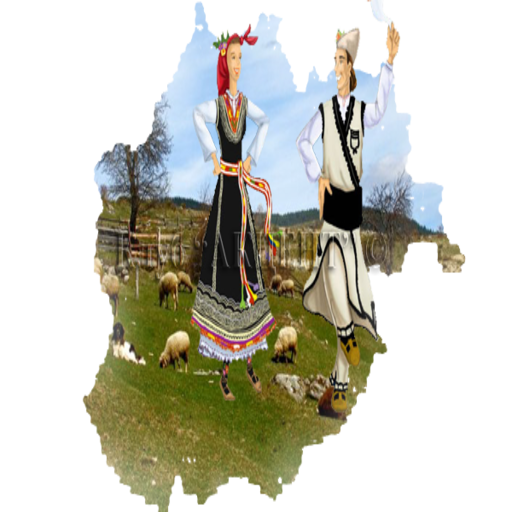Shopska ethnographic group
The formation of the Shopska ethnographic group is a complex process that took place between the 7th and 12th centuries. To this day, the name and origin of the shops remain unclear. PR Slaveykov connects the name "shopi" with the word "sop", which means jug, water supply, and which in the Sofia region has changed over time with "shopska". Whether this is the case, however, no one can confirm with certainty. Iv. Bogorov, on the other hand, tries to derive the name "shopi" from "softsi" or "Sofians". Other authors explain the etymological origin of "shop" from the name of the Pecheneg tribe TCHOPY ("tsopon"), who settled centuries ago in Sofia. Yet these theories remain mere conjectures.
There is also no consensus on the ethnic origin of the Shoppes. In the past, a large group of scholars (K. Irechek, V. Dobruski, D. Takela, J. Ivanov and J. Zahariev) accepted the thesis that the Pechenegs (a nomadic Turkic-speaking tribe) who settled in Sofia left traces not only in the name of the local population, but also in some anthropological features of people. Although not proven, this thesis has many followers.
Another group of scholars (J. Shafarik, M. Drinov, etc.) attribute the Shopi not only by name but also by origin to the ancient Thracian tribe "Sapei".
In more recent times, however, prominent ethnographers such as St. Kostov and M. Veleva refer to the costumes of the shopkeepers and declare them mainly Slavs. They even believe that the Slavic elements in the Shopska clothing have remained the purest.
R. Sefterski, for his part, believes that the proto-Bulgarian tribes Ermiar and Kuvair played an important role in the formation of the Shopi as an ethnographic group. They settled in the Sofia region at the beginning of the 9th century, when Khan Krum joined the Sofia region and other districts south of the Balkan Mountains.
As it turns out, the Shoppes bear features of the culture of the Pechenegs, Thracians, Slavs and Proto-Bulgarians. The Slavic majority, however, gave the final and decisive appearance to the shopkeepers.


